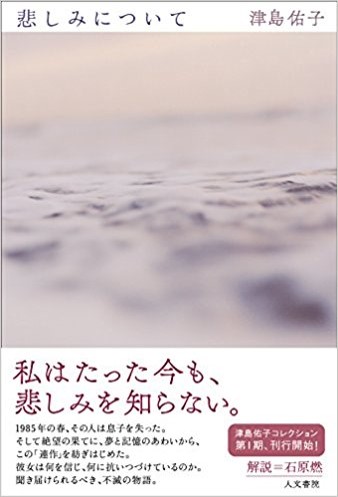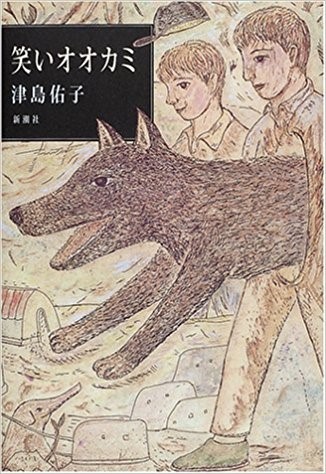
Above image: Bai Yao and others on left, Bai Yao’s Prequel to Floating Clouds on right.
? Nicholas Y. H. Wong (PhD Candidate, Comparative Literature)
“Literary Collectives and “Minor” Time in Mahua Autobiographical Fiction about the Late 1950s”
Friday, November 3rd, 3-5pm in CEAS 319
Discussant: Yueling Ji (PhD Student, EALC)
Please join us Friday (11/3) from 3-5pm, as we host Nicholas Y. H. Wong (PhD Candidate, Comparative Literature). He will present a draft of his dissertation chapter, which he summarizes as follows:
This dissertation chapter examines sojourner-Chinese poet, librettist, and editor Bai Yao’s (1934–2015) unfinished piece of life-writing in the third person, Prequel to Floating Clouds (Lüyun qianshu, 2016). Bai Yao’s microhistory of urban Chinese-Malayan, or Mahua, literary societies and journals, managed by U.S.-sponsored Hong-Kong-based literary organization Union (Youlian), reveals his maximalist, encyclopedic approach to “becoming-minor.” Set around 1957, the year when Bai Yao arrived in newly independent Malaya, the novel presents time as a thick transnational node and generational fold, against the punctual national time of Leftist, nativist Mahua literary histories. Bai Yao also develops Youlian’s anti-communist, Malayan-oriented “life-camps” as an anti-Yan’an model of literary collectivity and study, legitimately connected to mainland Chinese republican-era societies. I examine Bai Yao’s account of Mahua literary autonomy via the depoliticized aesthetics of the Third Force, or non-alignment, and of cultural China (wenhua Zhongguo).
The paper is available directly below, or at this link. If you have not received the password, or have questions about accessibility, please feel free to contact Helina Mazza-Hilway (mazzah@uchicago.edu) or Susan Su (susansu@uchicago.edu).


